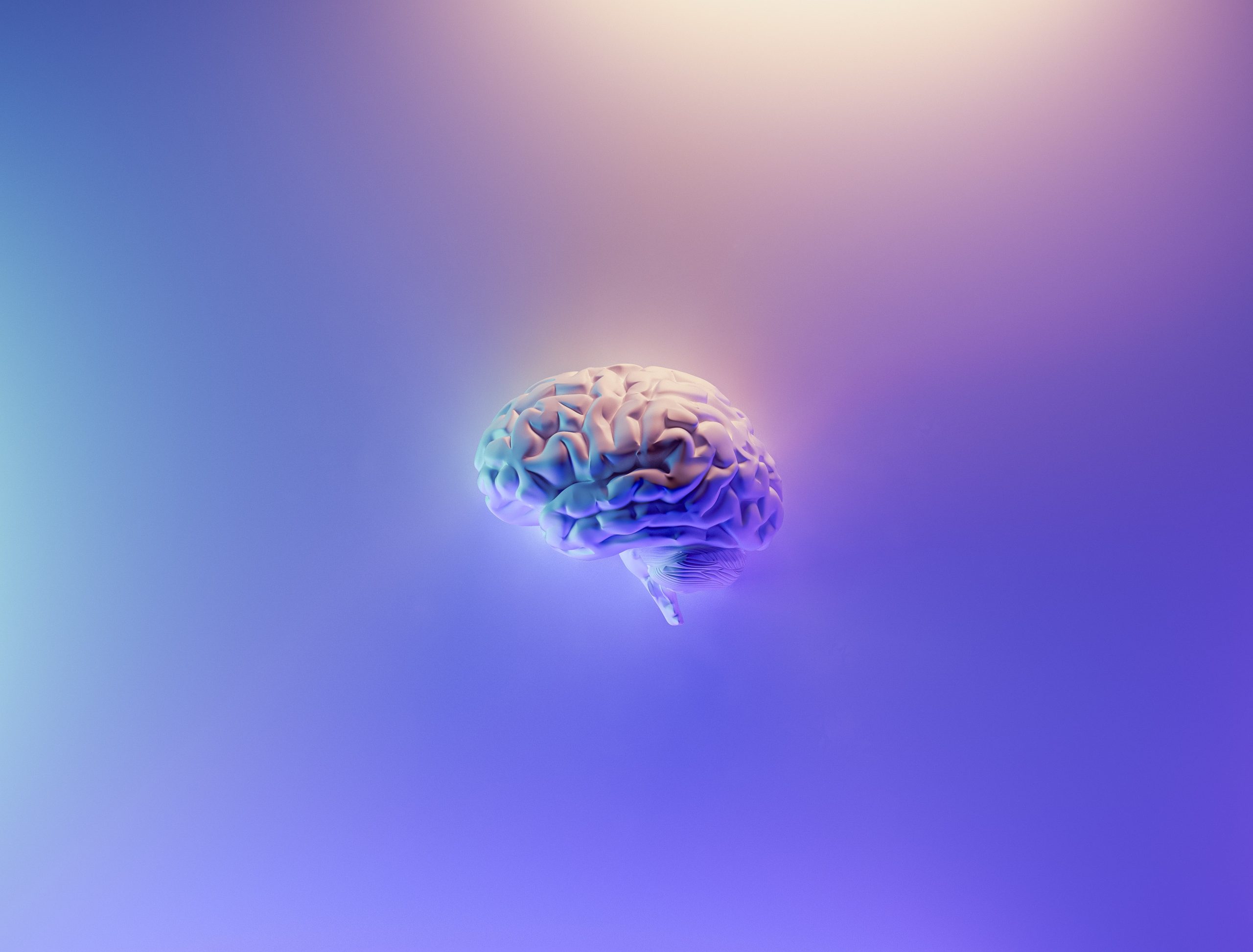As we get older, our bodies and minds go through a series of changes that can have a significant impact on our overall wellbeing. While physical health is often the focus of aging discussions, mental health also plays an essential role in maintaining cognitive function as you age. In this blog post, we’ll be exploring some tips and strategies for staying mentally sharp and healthy as you progress through your golden years. Whether you’re looking to optimize your brain functioning or simply want to stay engaged with life’s challenges, these tips will help keep your mind sharp and active for years to come!
What is cognitive function?
Cognitive function is a term used to describe a person’s ability to think, remember, solve problems, and make decisions. As people age, their cognitive function can decline in various ways, which can impact their day-to-day lives. Here are some tips for maintaining cognitive function as you age:
1. Eat a balanced diet.
A balanced diet is key for keeping your body healthy and preventing any health problems. It’s also important for cognitive function because it includes plenty of nutrients and antioxidants that help keep your brain healthy and functioning well. Eating a healthy diet will help improve your memory and thinking skills as you age.
2. Get enough sleep.
Getting enough sleep is essential for both your physical health and mental health. Too little sleep can lead to fatigue and low energy levels, which can affect your cognitive function adversely. Make sure to get at least seven hours of sleep each night to stay sharp!
3. Exercise regularly.
Exercise has been shown to be beneficial for both physical health and mental well-being. vigorous exercise has been linked with better memory recall, executive function (the ability to plan, organize, solve problems), mood stability and stress reduction among other things [1]. So get moving! It will not only improve your overall health but also help maintain your cognitive function as you age.
What are the symptoms of cognitive decline?
The symptoms of cognitive decline can vary from person to person, but in general, they include a decreased ability to think clearly and make decisions, an increased tendency to make errors, and problems with memory and concentration. Some people may also experience mood swings or changes in personality.
If you or someone you know is experiencing any of the symptoms of cognitive decline, it’s important to get help as soon as possible. There are many ways to maintain cognitive function as you age, including getting regular exercise and eating a balanced diet. Additionally, it’s important to keep up with your mental health care schedule, including screenings for early signs of dementia and other mental health conditions.
How do you maintain cognitive function as you age?
There are many ways to maintain cognitive function as you age. You can keep your mind active by participating in activities that interest you, staying socially engaged, and engaging in mentally challenging tasks. Additionally, you can take steps to reduce the risk of developing dementia or other forms of cognitive decline.
Here are some tips for maintaining cognitive function as you age:
1. Stay intellectually engaged. Do things that interest you, challenges that stretch your abilities, or keep your mind active with puzzles, games, and other stimulating activities.
2. Get social and connect with others. Engaging in social activities is key to keeping your mind sharp and helping you remember recent events. It also helps reduce the risk of developing dementia or other forms of cognitive decline.
3. Protect your brain from damage. Eat a healthy diet full of fruits and vegetables, limit alcohol consumption, exercise regularly, and avoid excessive stress – all factors that can contribute to neurodegenerative disease such as Alzheimer’s disease or dementia.
Tips for improving cognitive function
Cognitive function is the ability to think, remember, and solve problems. As we age, our cognitive function can start to decline. Here are some tips to help maintain your cognitive function as you age:
1. Get enough sleep. When you’re sleep deprived, your brain doesn’t have time to rest and recover. This can lead to decreased cognitive function the next day. Make sure you get at least seven hours of sleep each night.
2. exercise regularly. Exercise not only helps improve overall health, but it can also help keep your brain healthy too. Not only does exercise raise levels of endorphins – which reduce stress – but it also boosts the nerve cells in your brain that help with memory and thinking skills.
3. eat a balanced diet. Eating a balanced diet is important for overall health, but it’s also important for maintaining cognitive function as you age. A balanced diet includes both healthy and unhealthy foods, but it should include plenty of fruits and vegetables as well as whole grains and proteins.
4. avoid using harmful substances. Using harmful substances – like alcohol or cigarettes – can damage your brain over time, leading to decreased cognitive function later on in life. If you struggle with any harmful substance use, speak to a therapist or doctor about treatment options that may be available to you.”
Conclusion
As we age, our cognitive function gradually declines. It’s important to take steps to maintain your cognitive abilities as you age in order to stay as independent and functional as possible. Here are a few tips for maintaining your cognitive function as you age: 1) Get plenty of exercise – Both aerobic exercise and strength training have been shown to improve overall brain health and protect against dementia and other forms of memory decline. 2) Eat a balanced diet – Make sure that all of your meals include healthy fats, carbohydrates, and proteins in order to ensure peak performance for the brain. 3) Stay social – Keeping active socially is one of the best ways to keep your mind stimulated and help prevent loneliness or isolation from taking a toll on your mental health.




